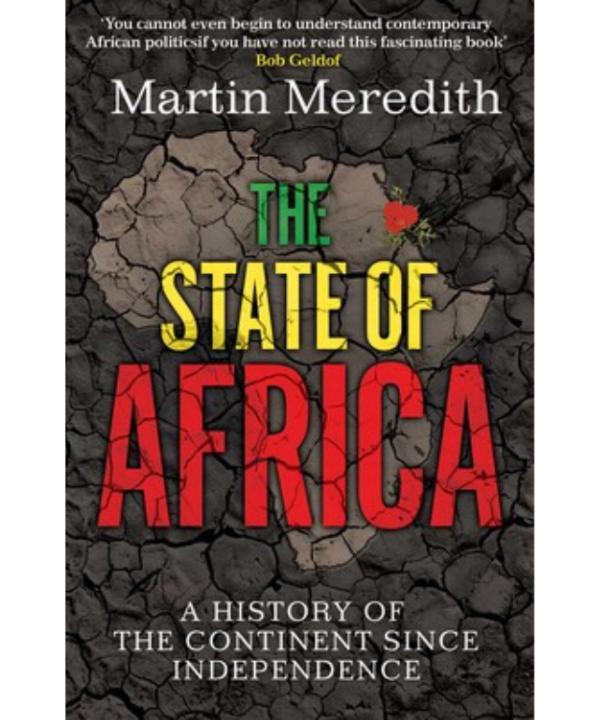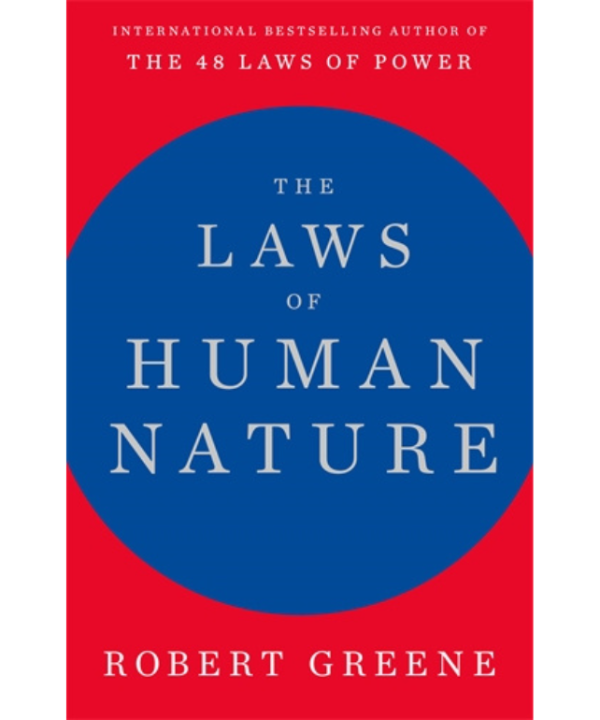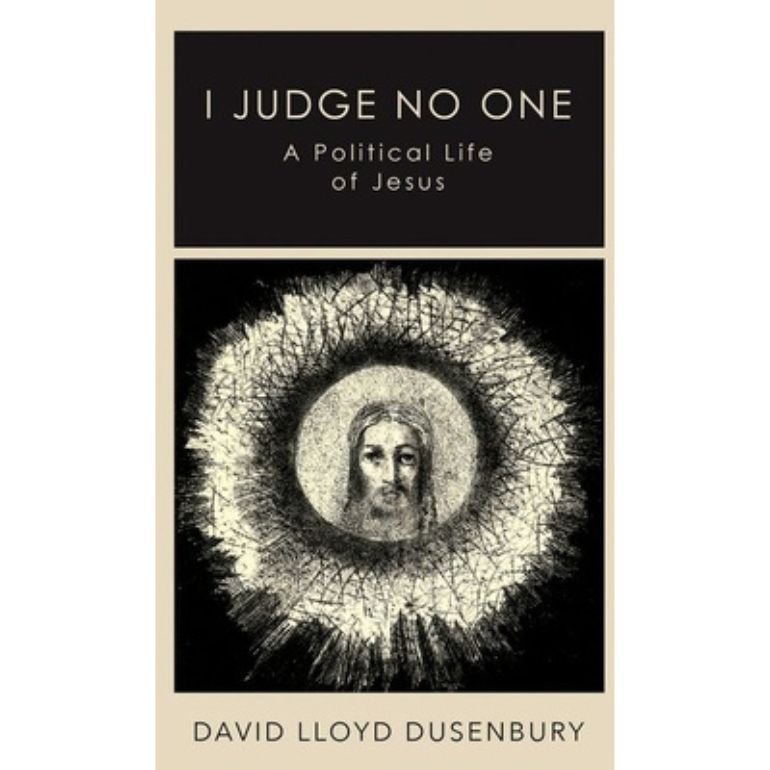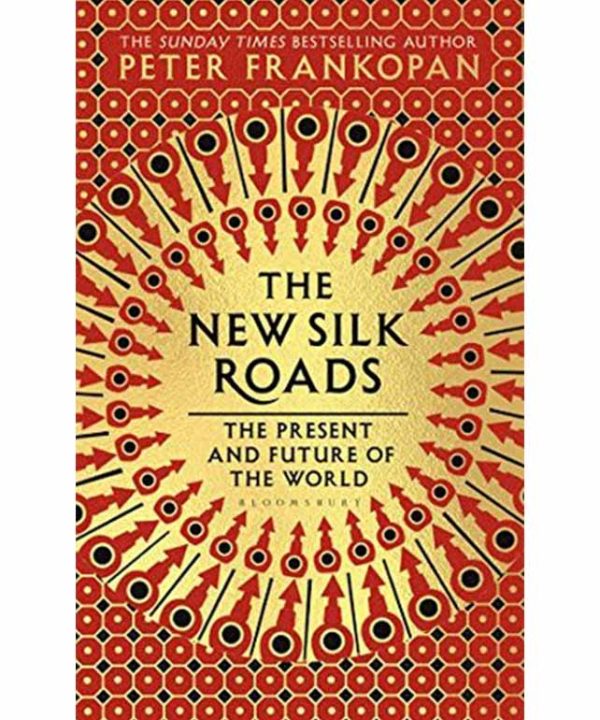-
×
 Unchained by Free Verses - Poetry for Everyday People
2 × ₦2,500.00
Unchained by Free Verses - Poetry for Everyday People
2 × ₦2,500.00 -
×
 Blitzscaling: The Lightning-Fast Path to Building Massively Valuable Companies
1 × ₦21,000.00
Blitzscaling: The Lightning-Fast Path to Building Massively Valuable Companies
1 × ₦21,000.00 -
×
 Dictatorland: The Men Who Stole Africa
1 × ₦16,000.00
Dictatorland: The Men Who Stole Africa
1 × ₦16,000.00 -
×
 Your Problem is That You're Multi-talented
2 × ₦5,000.00
Your Problem is That You're Multi-talented
2 × ₦5,000.00 -
×
 The State of Africa
1 × ₦19,500.00
The State of Africa
1 × ₦19,500.00 -
×
 The Laws of Human Nature
1 × ₦27,500.00
The Laws of Human Nature
1 × ₦27,500.00 -
×
 The Silk Roads: A New History of the World
1 × ₦19,500.00
The Silk Roads: A New History of the World
1 × ₦19,500.00 -
×
 Expected Date of Departure
1 × ₦3,000.00
Expected Date of Departure
1 × ₦3,000.00 -
×
 First Day at the Big School
1 × ₦3,000.00
First Day at the Big School
1 × ₦3,000.00 -
×
 In the Footsteps of Mr Kurtz: Living on the Brink of Disaster in the Congo
1 × ₦18,000.00
In the Footsteps of Mr Kurtz: Living on the Brink of Disaster in the Congo
1 × ₦18,000.00
You may be interested in…
-
Add
 Getting Mentorship Right
Rated 5 out of 5₦5,000.00
Getting Mentorship Right
Rated 5 out of 5₦5,000.00 -
Add
 Purpose in Crisis
Rated 5 out of 5₦5,000.00
Purpose in Crisis
Rated 5 out of 5₦5,000.00











Dada Awosika Esq SAN (verified owner) –